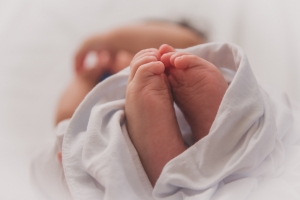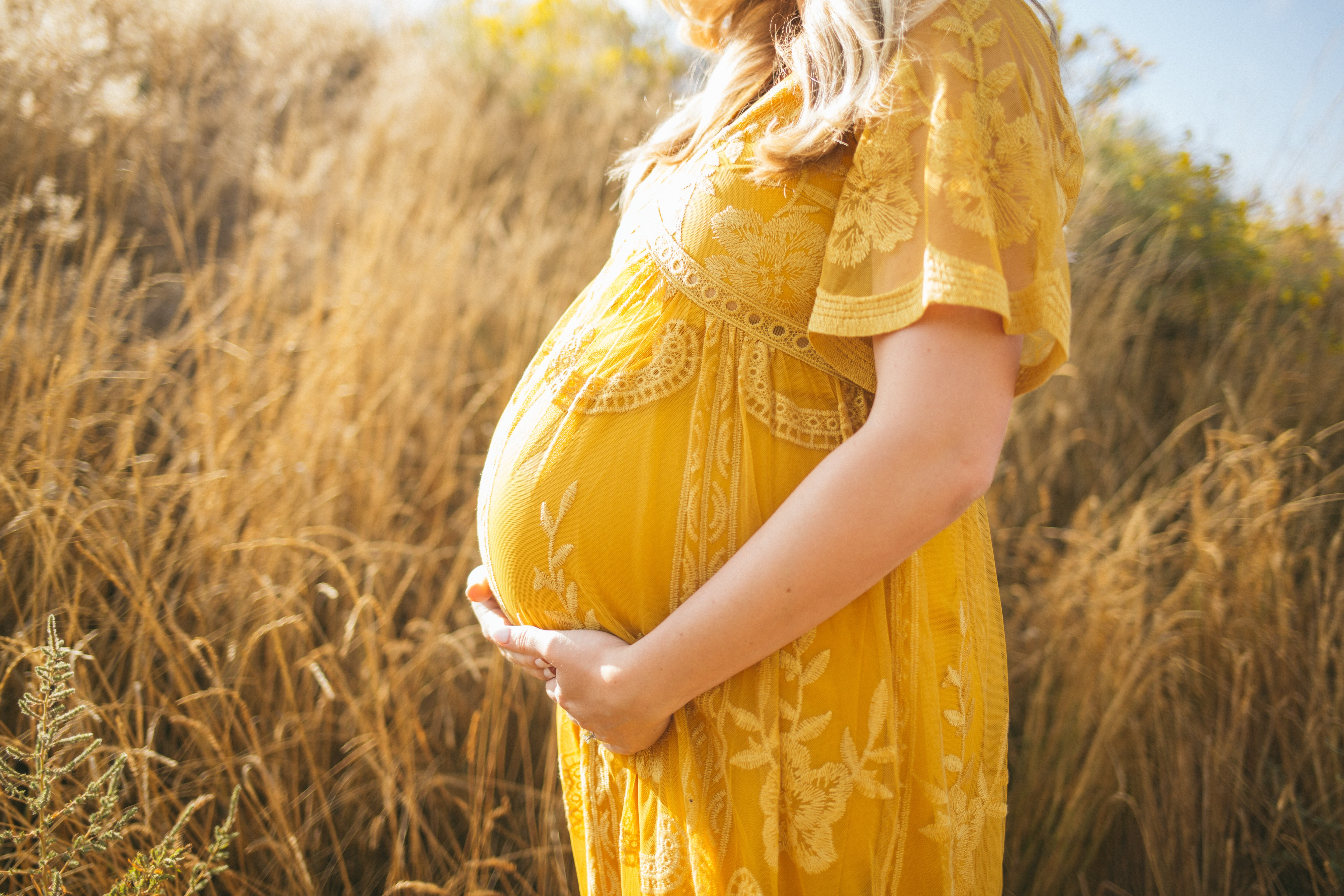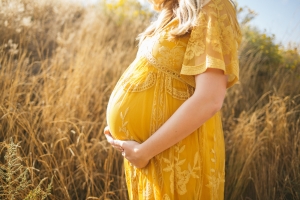Traditional Chinese Medicine’s view on Female Reproduction and Pregnancy
Traditional Chinese Medicine’s view on Female Reproduction and Pregnancy
Traditional Chinese Medicine draws its philosophy and treatments from the connection between humanity and nature as Chinese Medicine views the human body as an ecosystem. In the same way ecosystems in nature consist of rivers, lands, mountains, clouds and so on, the ecosystem of the human body consists of organs, fluids, nutrients, blood and oxygen. Just as there are complex relationships in nature, clouds delivering water to the mountains in the form of rain, rain flowing down the mountains and washing soil toward the plains, land being refreshed and replenished by this soil while rivers fill with water from the rain, there are equally important and complex yet traceable relationships between the different organs and systems within the human body. Just as the health of the external ecosystem depends on maintaining equilibrium, the right amount of rain in the right season, the right amount of soil washed down the mountain, and so on, the health of the human body depends on maintaining balance within its different systems.
Traditional Chinese medicine doesn’t treat a Kidney or a Lung or an Ovary; instead, it addresses the energetic health underlying the organs, then it gently supports the body to function in the most efficient manner through Acupuncture treatments, Chinese Herbal medicine and dietary changes to bring your organs and meridians into balance.
So how does this apply to Women’s Health and Fertility?
Traditional Chinese Medicine teaches us that fertility is a woman’s natural state from the time of menarche until she reaches menopause. Fertility relies on the eb and flow within the network of organs, hormones, and energy systems within a woman’s body. One of the beauties of Eastern medicine is that there is no separation of mind, body, emotions and spirit, and Traditional Chinese Medicine treatment is based upon supporting and balancing them all. Even though the organ systems in Traditional Chinese Medicine are considered to perform the same function as they do in Western Medicine, in Chinese Medicine these organs have additional responsibilities. When we think of a woman’s menstrual cycle and reproductive health, in Western Medicine one would assess hormones and her uterus for the cause. In comparison, in Traditional Chinese Medicine, menstrual irregularities can be caused by problems with either the meridians or the Organs other than the Uterus. She will have to have enough Essence in her Kidneys, and enough Blood supplied by the Liver and Spleen. Treating menstrual problems with Traditional Chinese Medicine, therefore may involve the Penetrating and Conception Vessel meridians, and/ or the Kidneys, Liver or Spleen. Treatment would aim to nourish a woman’s Qi and Blood, the Essence, or balancing Yin and Yang within the body.
How can Acupuncture support your body throughout your pregnancy?
There is definitely a place for Traditional Chinese Medicine and Acupuncture from the moment a woman is open to conceiving, throughout pregnancy as well as postpartum care. During the first 12 weeks of a woman’s pregnancy, treatments are focussed on supporting the symptoms of the first trimester. Treatments using specific points to nourish Qi and blood to support energy, calming the Central Nervous System to reduce any stress or anxiety as well are reducing the frequency and severity of any nausea and/ or vomiting symptoms.
From a Traditional Chinese Medicine perspective, the Penetrating Vessel has a close relationship with the Stomach channel and the uterus. Disorders of the Penetrating Vessel can therefore lead to rebellious qi which interferes with the descending action of the Stomach, leading to nausea and vomiting. It is believed that from the moment of conception the Penetrating Vessel undergoes profound changes, as menstruation is no longer occurring and the blood and essence of the Penetrating Vessel are now required to nourish the now growing baby.
As a woman comes into her second trimester, we see this is when they often feel their best. The nausea and vomiting will subside anywhere from this 13 week point, up until 20 weeks. However, it is important to note that a small percentage of women will experience nausea and/ or vomiting throughout their entire pregnancy. A woman’s energy also returns and we often see her overall well being improve. Symptoms that may arise during the later stages of her second trimester and into the third trimester, is that she may start to experience musculoskeletal aches and pains, heartburn, changes in sleeping patterns including insomnia as well as the same lethargy she experienced during her first trimester. As with all acupuncture treatments, dosage is important and this frequency will change throughout the pregnancy. Your practitioner will be able to guide you on the best time to come in for appointments throughout each trimester to support your body during the 9 months.

By Georgia Payten
TCM Practitioner & Acupuncturist at The Pagoda Tree.


